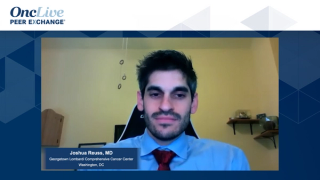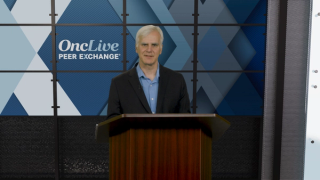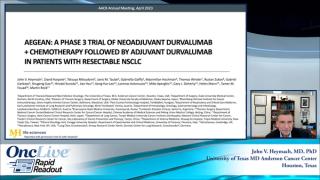
Lung Cancer
Latest News
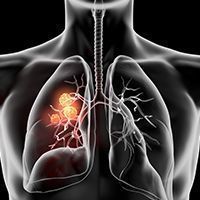
Latest Videos

CME Content
More News

Russell Kenneth Hales, MD, discusses the role of multidisciplinary care in locally advanced lung cancer.

Benjamin Philip Levy, MD, discusses potential methods to optimize molecular testing in lung cancer.

Antibody-drug conjugates appear to have the most activity in those with non–small cell lung cancer and HER2 expression.

Repeat histologic evaluation and molecular testing in patients with EGFR-mutant non–small cell lung cancer who develop acquired resistance to osimertinib can deliver pertinent information that can help guide subsequent treatment decisions.

Although PD-L1 expression and histology served as helpful stratification factors in pivotal trials, the paradigm will need to build out more tailored selection strategies as additional checkpoint inhibitors move through development.

Concurrent chemoradiation followed by durvalumab has become the standard of care for patients with unresectable stage III non–small cell lung cancer based on the results of the phase 3 PACIFIC trial. However, several strategies are under clinical evaluation to push the paradigm beyond the PACIFIC regimen.
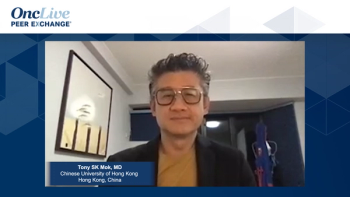
Panelists consider optimal second-line therapy for patients who acquired resistance to frontline TKIs in EGFR+ advanced NSCLC.
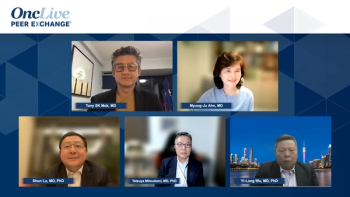
Following treatment failure on frontline TKIs in EGFR+ advanced NSCLC, experts consider biomarker testing to inform second-line treatment.
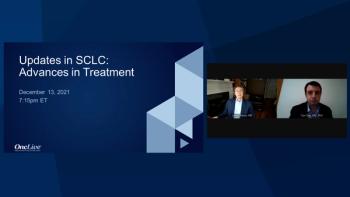
Current considerations that affect the choice of frontline therapy for patients with small cell lung cancer with the availability of novel systemic therapies.

In the past 2 years, key data from clinical trials in advanced lung cancer have demonstrated that immunotherapy has expanded the bounds of the armamentarium for the treatment of several lung cancers.

Upal Basu Roy, PhD, MPH, discusses addressing barriers to biomarker testing in lung cancer.

Russell Kenneth Hales, MD, discusses investigational treatment strategies that have the potential to build upon the positive results of the phase 3 PACIFIC trial in stage III non–small cell lung cancer.

Surgical resection remains the key treatment modality for early-stage non–small cell lung cancer; however, both systemic adjuvant and neoadjuvant therapeutics are options that have value for patients.

Jacob Sands, MD, physician, discusses the importance of next-generation sequencing testing in lung cancer.

The field of non–small cell lung cancer has exploded with continuous advances in targeted therapies directed toward key molecular alterations, including rare mutations like MET exon 14 skipping mutations, RET rearrangements, and ROS1 mutations.

In 2021, 13 novel agents were approved across hematology/oncology. Additionally, there were many other notable approvals—whether they were new formulations, expanded indications, or biosimilar approvals—across tumor types that expanded accessibility for varying patient populations.
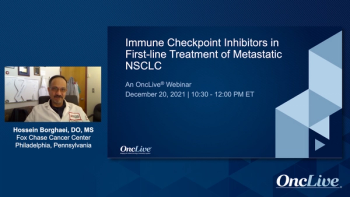
Hossein Borghaei, DO, MS; and Martin Reck, MD, PhD, discuss factors that affect treatment selection in NSCLC, and the role of molecular and biomarker testing.
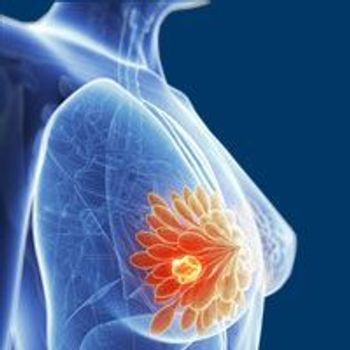
Primary and metastatic brain tumors present a significant therapeutic challenge, in large part because they are protected by the blood-brain barrier, a highly restrictive interface between the bloodstream and the brain that prevents most drugs from accessing the brain parenchyma.
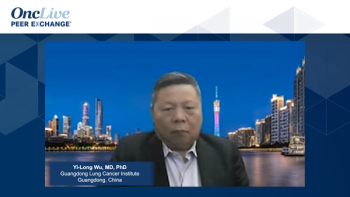
Experts review frontline combination approaches with bevacizumab in EGFR+ advanced non–small cell lung cancer.
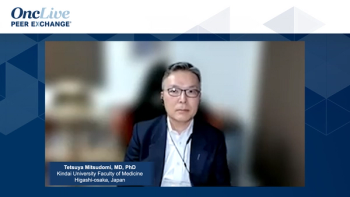
A comprehensive discussion on frontline treatment options for patients with EGFR+ advanced non–small cell lung cancer.

Symptoms and risk factors associated with small cell lung cancer, and recommendations for staging patients with newly diagnosed disease.

The European Commission has granted a marketing authorization for lorlatinib for use as a single agent in the treatment of adult patients with ALK-positive advanced non–small cell lung cancer who did not receive a prior ALK inhibitor.
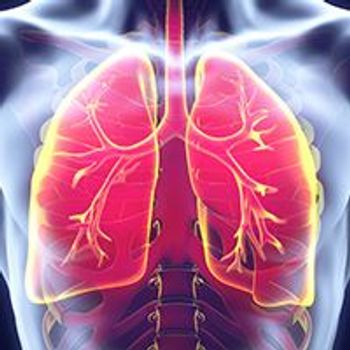
The identification of actionable oncogenetic drivers in patients with non–small cell lung cancer affords clinicians the opportunity to use targeted agents to optimize outcomes.

Raymond U. Osarogiagbon, MD, FACP, discusses geographic disparities in lung cancer.

Sandip P. Patel, MD, discusses optimizing molecular testing for EGFR mutations in lung cancer.







